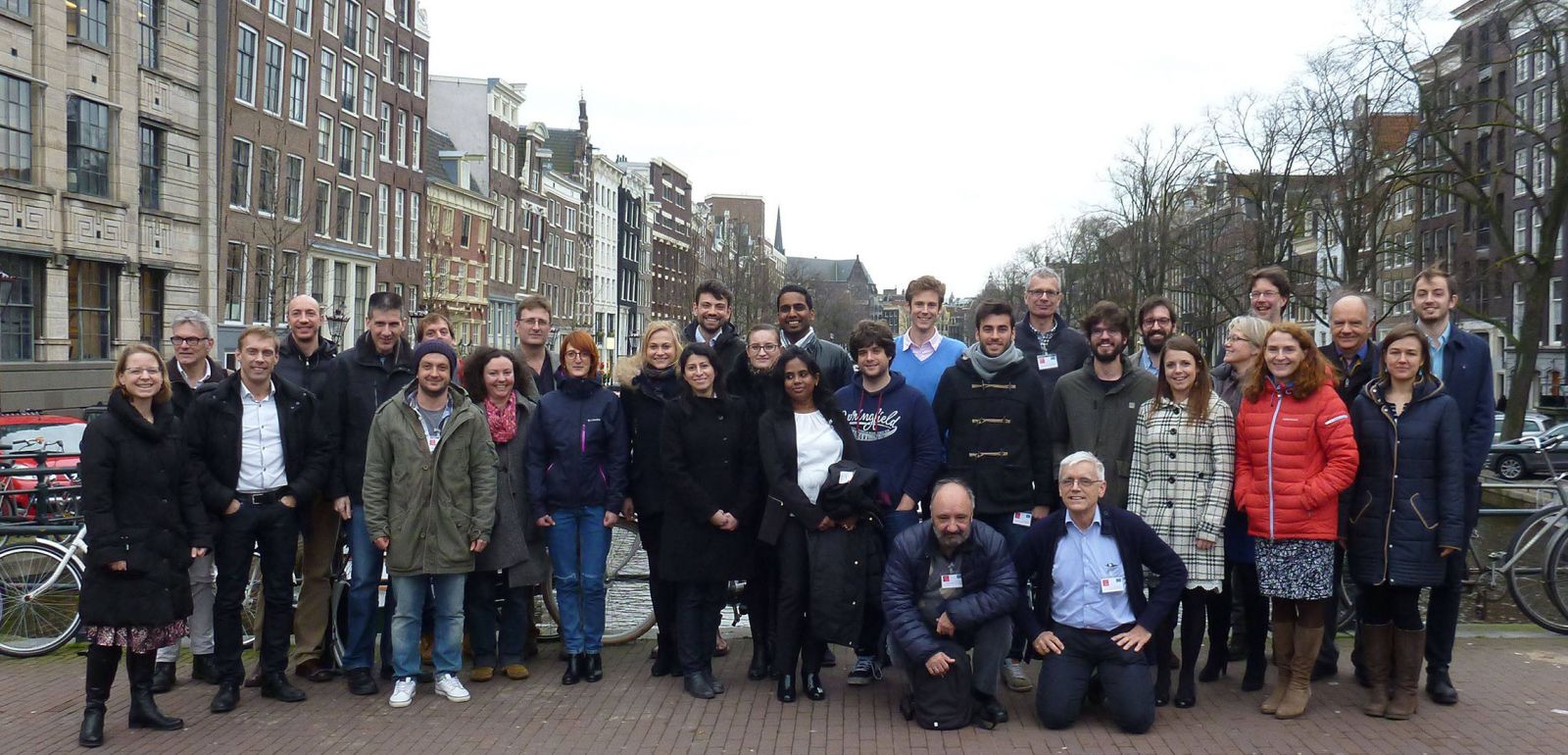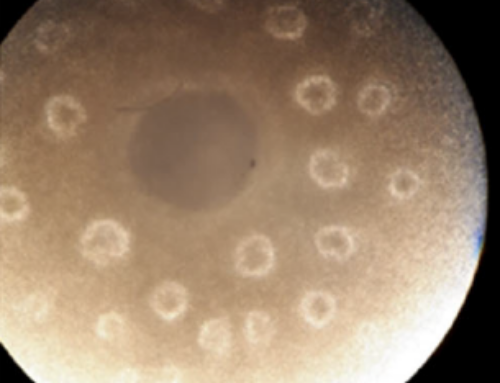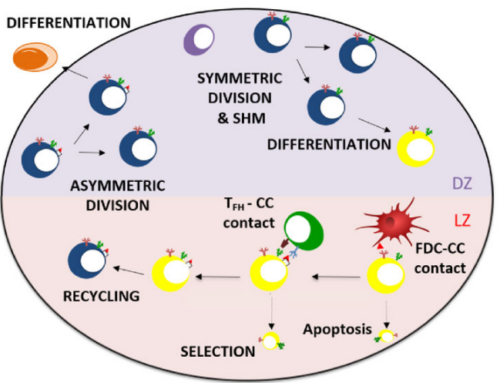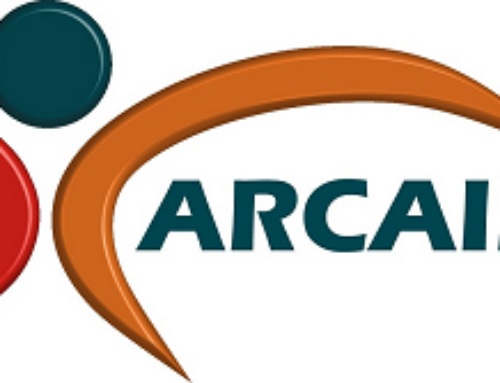EpiPredict (closed)
The research and training network of the EpiPredict project is made up of 15 parties – academic institutes and companies – from eight different countries. A multidisciplinary group of 11 PhD students were trained in the project, including three at the University of Amsterdam. Maryam Soleimani worked at the Bioinformatics Laboratory on the EpiPredict project. The EpiPredict project was coordinated by Prof. dr. Pernette J. Verschure of the University of Amsterdam (UvA).
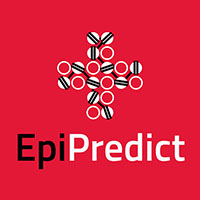
For more information: http://epipredict.eu
EpiPredict Scientific Aims
Breast cancer patients with oestrogen receptor positive tumours are treated with endocrine (hormonal) therapy. However, resistance to endocrine therapy is a major problem. We are focusing on this urgent problem by studying the role of epigenetics in this therapy resistance. EpiPredicts studies epigenetic changes in gene functions that arise without a change in the DNA composition. We use a systems medicine approach in which they record epigenetic, genetic and protein profiles in order to predict the outcome of the treatment.
Maryam Soleimani worked on the bioinformatics analysis of RNAseq and epigenetics (DNA methylation, ChIP-seq) data to gain insight in therapy resistance in breast cancer.
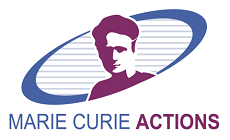
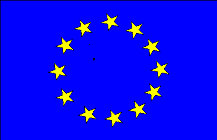
Marie Skłodowska-Curie Actions
H2020


